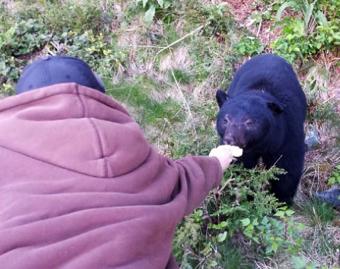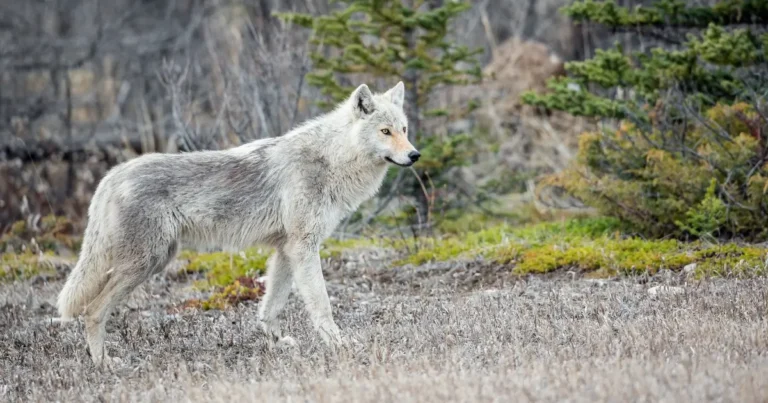
Directly or indirectly feeding animals teaches them that people are a potential food source – this can lead to behaviour that is, or is perceived to be, aggressive or bold, and frequently results in the killing of the animal by provincial authorities. The foodstuffs may also be inappropriate or damaging to an animals’ health, diet, or environment.
Oak Bay News reported that, after the video was posted online, tips from the public allowed the COS to identify the people responsible for the direct feeding. But is a $345 fine enough to prevent this behaviour in the future, or an appropriate enough punishment for such a potentially dangerous act?
It is likely time to change this policy to a sliding scale, or at least one that the COS or other official has some discretion over. Indirect feeding, perhaps not securing a garbage can or disposing of other waste, could be the lower fine, one that’s meant to educate rather than reprimand. But this kind of dangerous act – hand feeding a black bear – deserves a severe admonition. The costs of investigation, likely necessary hazing, and potential loss to the ecosystem and economy of a bear due to this behaviour should all be weighed in determining the appropriate fine.
At the very least, this highly-publicized case should be a firm reminder of the potential consequences of feeding wildlife – to people as well as wildlife.
monthly donor(for as little as $5/month – the cost of a single latte) pleaseclick hereand help us save lives today.

